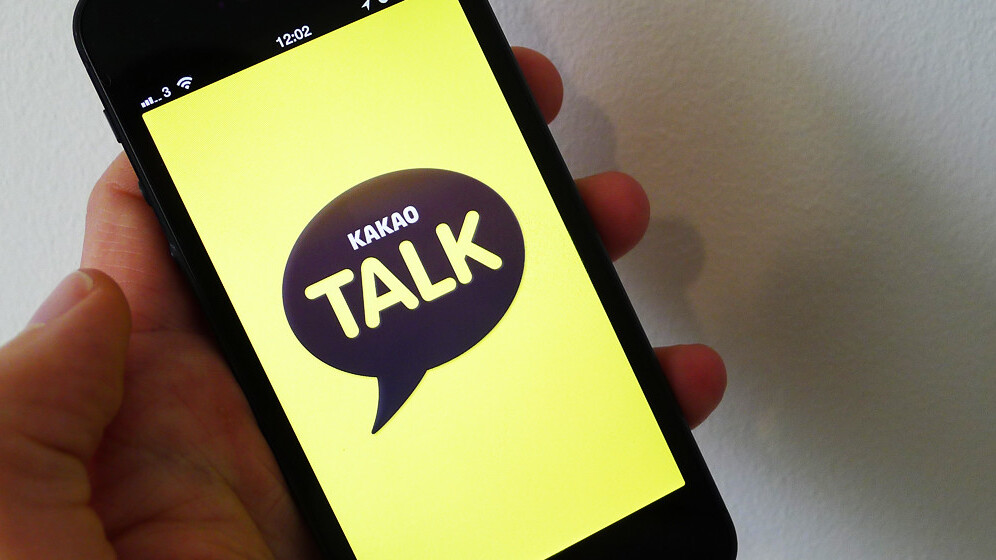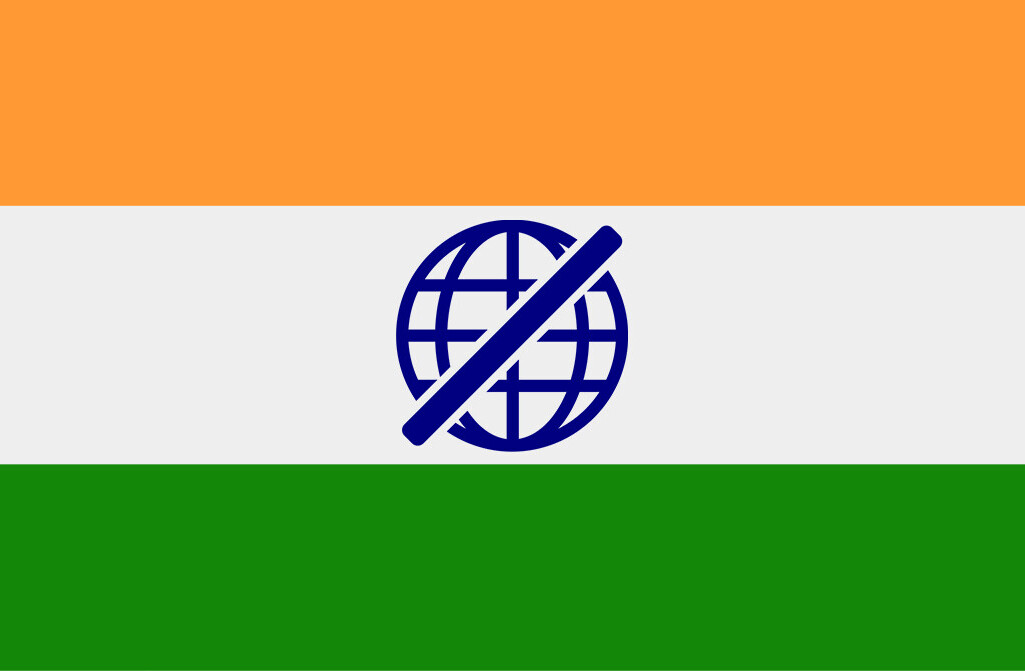
Last week I looked at the business model behind mobile messaging stickers — that’s right, those larger-than life emoticons actually help some companies make millions of dollars — and gaming is another revenue generator that is proving its worth for chat apps.
Point in case, Korea’s Kakao Talk has marked the one year anniversary of the launch of its mobile games service by revealing that titles on the platform have generated 348 billion Won ($311 million) in revenue during the first half of 2013. That’s up an impressive 194 percent from the final quarter of 2012, when the platform grossed 118 billion Won ($105 million), and reflects the first six-month period that the platform has been available worldwide — though game library availability varies country-by-country.
Those figures are gross revenue and the total income is shared by developers, Kakao Talk and Apple/Google (depending on the mobile platform), but it is still an impressive feat, particularly given that Kakao Talk is predominantly used in Korea.
The service itself, which offers free calls and text messages using the Internet, passed 100 million registered users earlier this month, and Kakao says that an impressive 30 million users have played at least one of the 180 titles in its catalog.
Kakao Talk users can download titles and play with each other inside the messaging app, while they can also share scores and other features among their Kakao Talk friends. Players can buy virtual items and make in-app purchases using Kakao Talk’s virtual coins, ‘Chocos’.
All revenue is from in-app purchases, and developers are not charged to put their apps on the platform, nor do they pay any charge for downloads or users subscriptions.
Games that hook into Kakao Talk are estimated to have passed a cumulative 400 million-plus downloads, which is considerably more than rival Line which clocked 150 million downloads for its games platform last month — that’s despite Line’s registered user base being north of 170 million.
Kakao Talk’s dominance in Korea — where it is said to be installed on 90 percent of all smartphones — appears to be what is driving its games platform, at this point, since the company has yet to gain the kind of international reach of Line (popular in parts of Europe, Latin America and Southeast Asia) or WeChat, which has 80 million users outside of its home turf in China.
The company is positioning Kakao Talk as a platform to connect developers with gamers. Particularly smaller developer teams and those targeting gamers in Asia, who tend to be more open to buying virtual items and other paid-for features.
Kakao said in a statement:
Just until a year ago, mobile game applications struggled to attract 1 million downloads. Kakao game platform completely reversed this trend, and gave birth to eight games that recorded more than 10 million downloads. More than half of these games that recorded 10 million downloads were games from small or mid sized developers.
Tango became the first ‘non-Asian’ messaging app to introduce a games platform last month, while Canada-based Kik is also exploring possibilities around games and content.
For now, Western messaging services — including Facebook, which helped revolutionize social gaming — appear content to let their cousins in Asia take up the reins exploring gaming, content stickers and other ways to draw money without resorting to advertising. Others will surely follow Tango’s lead sooner rather than later if Kakao Talk and Line’s games offerings continue to develop impressively.
Headline image via TNW
Get the TNW newsletter
Get the most important tech news in your inbox each week.






